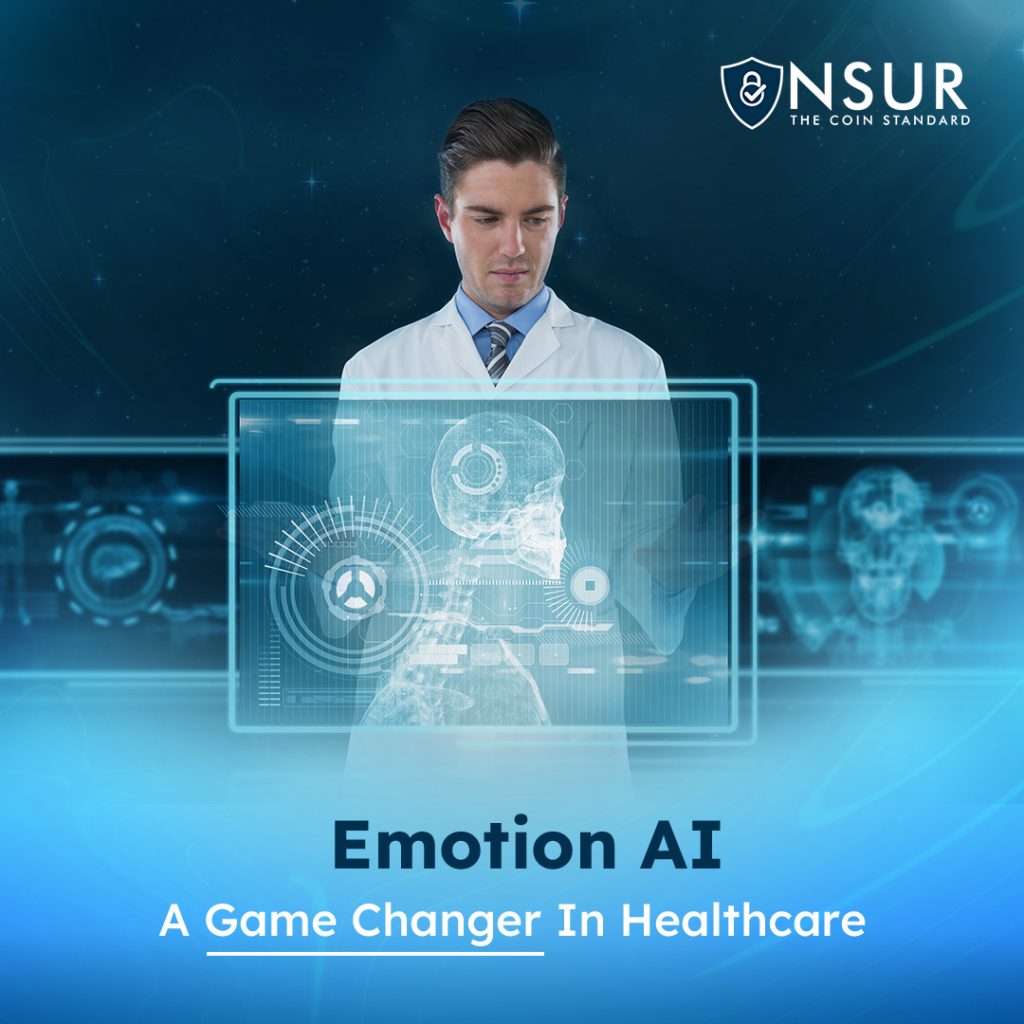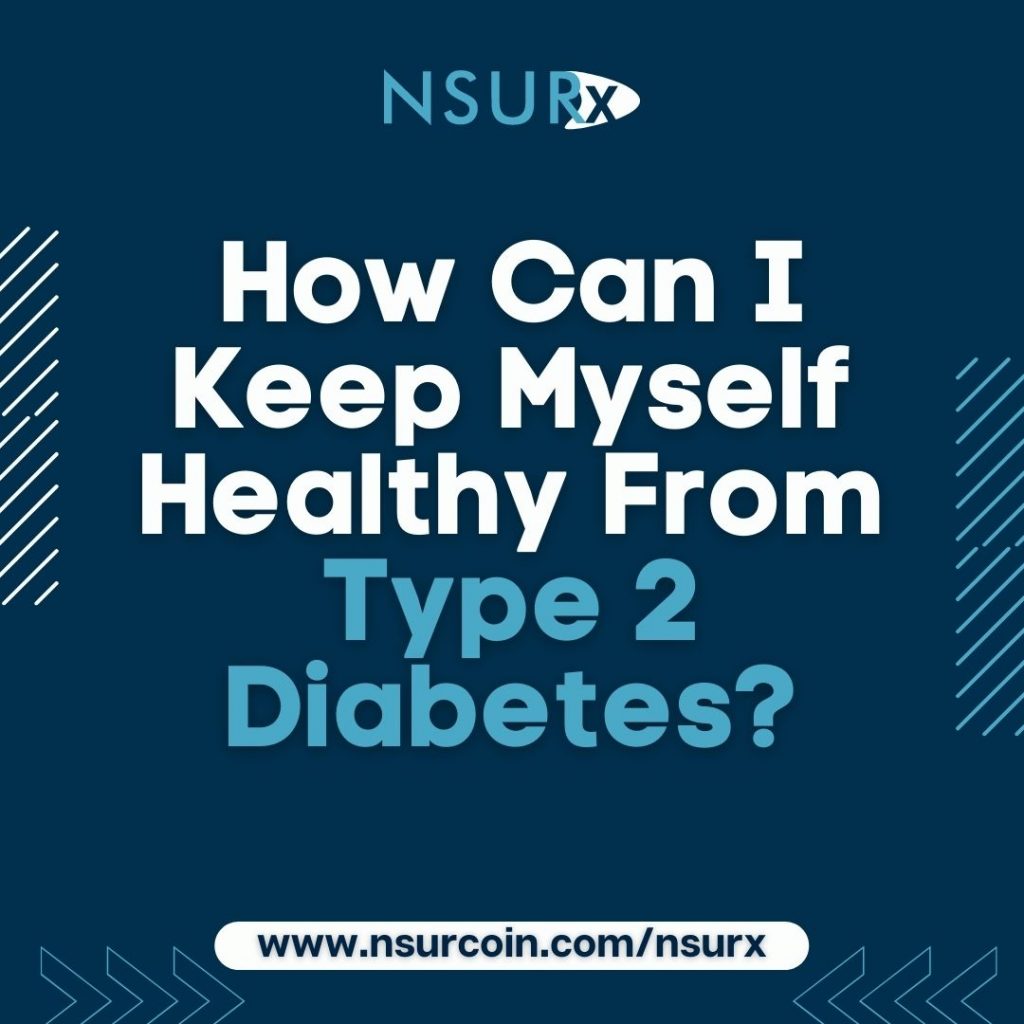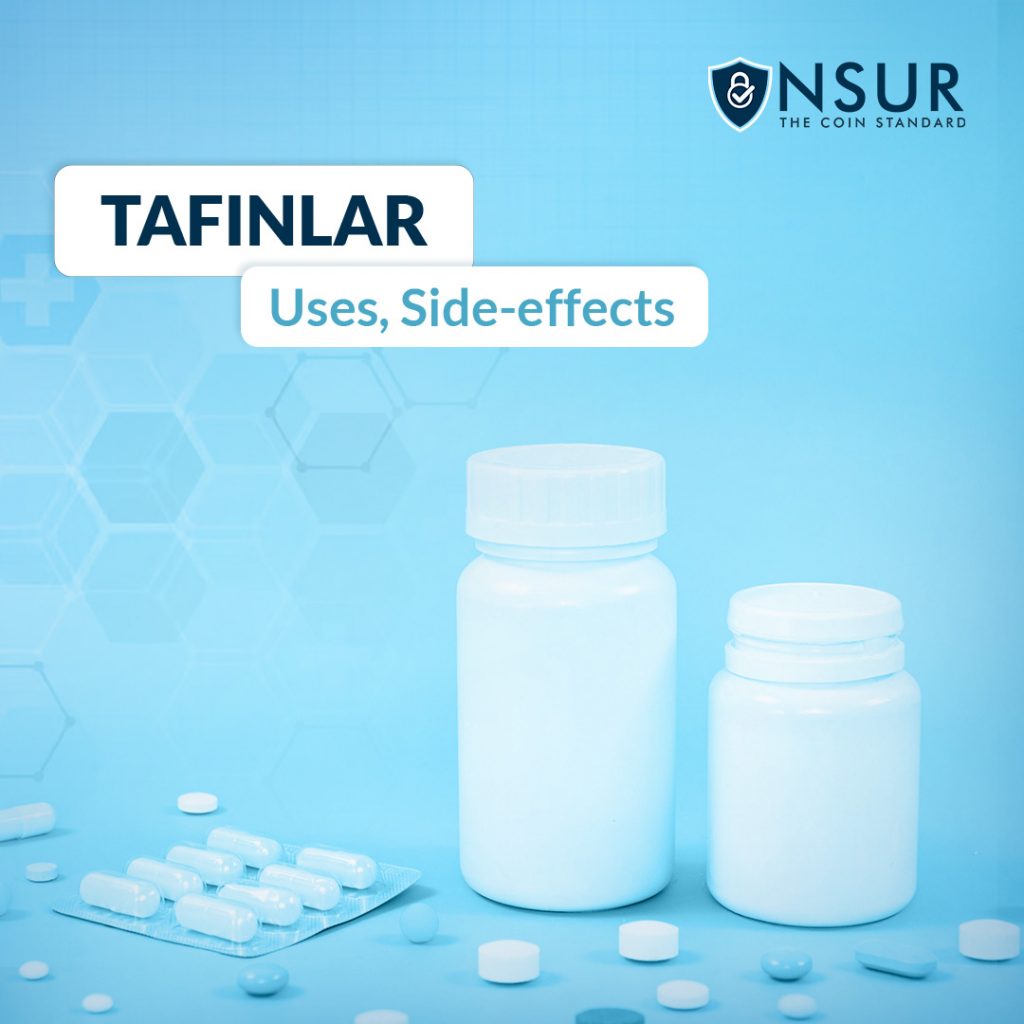
The past couple of years have been truly transformative. Looking ahead, we search for new concepts and key trends in the healthcare sector to anticipate what’s going to come next. Digital health and therapeutics continue to grow in popularity, and this presents opportunities for self-care and self-management for patients. In recent years, AI applications and related technologies have already achieved superhuman results, and their capabilities will undoubtedly continue to improve as they hold the potential to improve the world as a better place.
Emotion AI seems to be an impressive technology and gives hope to healthcare professionals. By integrating emotions and artificial intelligence (AI), health care professionals can support patients’ well-being and track their healthcare related resources more effectively. Just like a human, this technology can identify complex patterns in people’s conversations, writing, and facial expressions. This adaptability is not only remarkable, but also incredibly useful. In addition,technology has the potential to be an extremely powerful tool for bridging the gap between what humans can do or know and what experts can provide. We can now use technology to gain access to vast amounts of knowledge and data and use it to improve our understanding and interactions. We can even access real-time information that would otherwise be unavailable thanks to live feeds. It’s no surprise that technology has the potential to open up a world of possibilities and resources, so it’s no surprise that it’s become an essential part of our lives.
In this article we will learn what emotion AI is and its importance in healthcare sector
Understanding Emotion AI
The concept of emotion AI encompasses technologies that can sense, learn about, and interact with human emotional life through affective computing and artificial intelligence. It can recognise various human emotions such as anger, fear, happiness, sadness, surprise, calm, and it can even detect the quickest and most immediate micro-expressions that are difficult for the human eye to capture. It allows you to examine the cognitive and emotional aspects of communication, providing you with actionable insights to help you make better decisions.
In all we can say that emotion AI employs following techniques.
- Sentiment analysis of online language, moods, feelings, emojis etc.
- Expression coding of face.
- It can detect eye position, gaze and moment.
- Where wearables are used, different analyses of overall physical activity are performed.
- Behavior, gesture, emotional states, and internal physiology are all monitored.
- Viewers in Virtual Reality (VR) can observe the wearer’s experience.
- Viewers can use Augmented Reality (AR) to track their attention, reactions, and interactions with digital objects.
Emotion AI importance in healthcare Sector
Healthcare and health tech can benefit greatly from emotion AI, especially in terms of diagnosing and treating specific ailments. In particular, the healthcare industry has been a leader in adopting new technologies. It has potentially unlimited applications including in psychological science and healthcare services.
Using emotion AI, doctors can spend more time with their patients since it can analyze and generate reports based on the patients’ records and handle administrative tasks. Patients can also become more aware of their emotional states and better regulate their emotions during stressful or challenging times.
This technology can assist doctors and therapeutics in increasing patient awareness and providing a more accurate diagnosis. Patients can also use it to make sure they continue to receive treatment by predicting how they will approach therapy. With the aid of emotional AI, healthcare providers and practitioners can provide better care, spend more time with patients, and reduce treatment costs.
Let’s take a look at some interesting applications of Emotion AI in healthcare:
Diagnosis Of Mental Health Issues
Emotion AI models can assist in providing therapy and care for many patients dealing with mental issues. These models are getting increasingly good at evaluating and understanding patient’s emotions, behavioral patterns and address many other issues related to mental problems. This technology can be useful in predicting patient behaviour, such as the risk of suicide ideation, anxiety and depression. There are many mhealth apps and chatbots for delivering personalized therapy.
Twill (previously Happify) is one example of how emotion AI is being used in mental healthcare. Its Intelligent Healing platform employs artificial intelligence to learn about a person’s health needs and recommend a treatment plan. Its health chatbot has been trained to provide personalized care and support in a compassionate manner.
Pre and post pregnancy care
As pregnant women are experiencing physical and emotional rollercoasters, emotion AI can be a very promising tool. As part of their current research, experts are investigating the potential applications of emotion recognition technology in pregnancy care. It has been proven in several studies that emotional states, such as stress, anxiety and anger, can be a risk factor during pregnancy. Women who are pregnant can certainly benefit from this technology by assessing their emotional state and taking timely action to cope with their mental issues. Pre and post pregnancy issues can also be addressed with the help of this technology.
Connecting healthcare professionals with patients
Waiting time for patients may seem insignificant, but it does have an important impact on patient satisfaction. Health professionals can monitor facial expressions of patients in physical and remote environments when there are long lines in the waiting room. By doing so, they will be able to prioritize patients who are in extreme pain and require immediate care. The use of AI-based Emotional Intelligence during virtual consultations, in particular, can provide doctors with valuable information about the attitude of patients. In order to provide comfort, they can adjust the pitch and tone using these “mood clues.” In emergency situations, it also triggers the alert system.
Selection of qualified healthcare professionals.
The healthcare industry operates differently than other industries. It requires people with the appropriate EQ because they will be dealing with emotionally sensitive patients. With the help of Emotion AI and Live Video, hospitals can attract nurses, doctors, and help desk staff with the right mental and behavioral attitudes. People in these positions must have a high level of compassion as well as the ability to remain calm during stressful circumstances. Healthcare organizations can achieve their goal of providing the best patient care and services by selecting and recruiting qualified healthcare professionals.
Final Thought
Undoubtedly AI has driven the healthcare sector in many positive ways. Emotion AI is one of the most important pillars of digital health because having a better understanding of what’s going on with the patient allows doctors to treat them better. With artificial intelligence it is possible. By implementing emotion AI models can develop a connection with humans to recognize their emotions, facial expressions, use of AR, VR and wearables tech can help in treating mental health problems, care in pregnancy, recruiting qualified healthcare professionals to provide good healthcare services to patients. Having empathy is a complex concept with many factors involved but on the most fundamental level it means understanding another person’s emotional state. If machines could have empathy in that way they would be able to better assist us.











